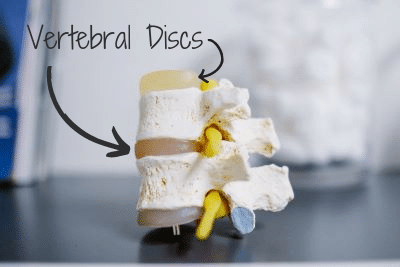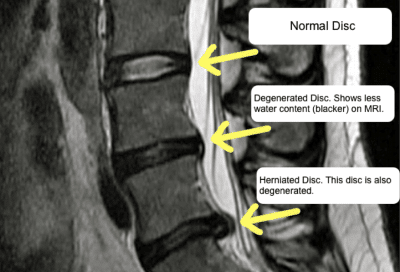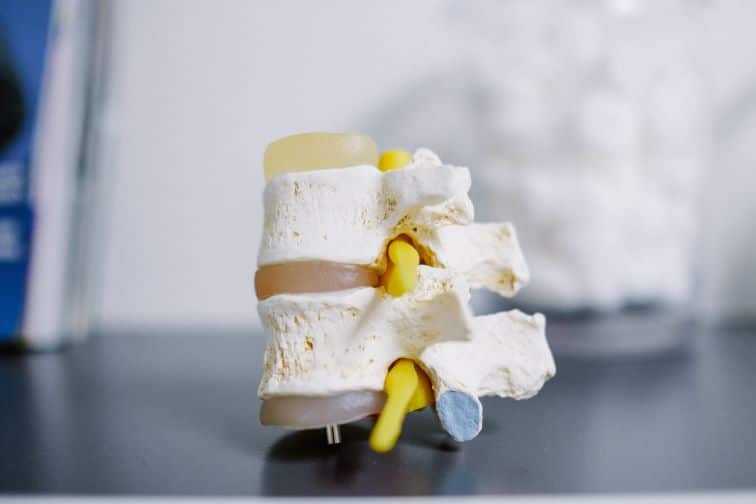I have heard estimates that our bodies are made up of anywhere between 55-65% water on average. I have also heard that in order to stay hydrated we need to drink about half of our body weight in ounces each day. As an example, if I weigh 200lbs, I need to drink 100 ounces of water each day. That is a lot of water!
There is More to it Than the Amount
It is important to realize that there is more to hydration than just how much we drink. It is also important how much you absorb through your digestive track, which usually isn’t too much of a problem unless you have digestive issues that cause you to lose water due to loose stools. We also need some water to get into our cells. Not eating enough healthy fats can hinder this by causing poor cell wall permeability. Finally, we can have a problem getting the water to places in our body that need it due to other underlying problems.
Imbibition is Needed
Have you heard of imbibition? If not, just keep reading!
 Imbibition is very important to the discs of our spine. While our body, on average, is about 60% water, the discs of our spine are about 90% water. The discs are the fluid-filled sacs that are between our vertebrae.
Imbibition is very important to the discs of our spine. While our body, on average, is about 60% water, the discs of our spine are about 90% water. The discs are the fluid-filled sacs that are between our vertebrae.
The discs therefore need water to stay healthy, but they also need movement. The discs themselves have very little blood supply to them. In order for the discs to get nutrients and water, they must get it from the blood supply that goes to the vertebrae. The nutrients and water then move through the vertebrae to the disc, but this process only happens when the spine moves. The technical term for this is imbibition. Without movement of the spine, the disc becomes dehydrated.
Dehydrated Discs Are Prone To Damage
When the disc becomes dehydrated, the disc is then prone to tearing or herniating. Many of us have heard that the discs of our spine are the shock absorbers of the spine. That is not true. The shock absorbers of the spine are the vertebrae themselves. The discs allow for the spine to move in many directions – rotation, flexion, extension, distraction, and compression. This puts a lot of stress on the discs.
When the discs are well hydrated and healthy, they can take an enormous amount of stress. When they become dehydrated, they are prone to damage with even small forces. Ever heard of someone herniating a disc when they went to pick up a pencil? The pencil did not cause the disc to herniate but the years of wear and tear on dehydrated disc allowed for that one last movement to cause the disc to herniate. The pencil was the straw that broke (or herniated!) the camel’s back. It was years of wear and tear on an unhealthy disc that was the problem!
But I Don’t Want to Have a Herniated Disc
I hear people attribute disc problems to old age. Many times, we make this association because many older people have these problems. But I have seen many older people that don’t have the problem and I have seen young people that do have the problem. It is not age alone that causes the problem. Of course, not drinking enough water can cause the disc to be unhealthy but it can also be due to lack of movement. That lack of movement can be caused by being sedentary.
Sitting around and not moving your body will prevent the disc from becoming hydrated. It can also happen due to a single vertebra not being able to move. This is called a subluxation. It can be caused by an injury such as a fall, but it can also be caused from doing something repetitive like a sport such as baseball or it can even be caused by sitting at work all day. All these different scenarios can cause your brain to splint the joint and not allow it to be moved properly or even at all.
 Over time, as the disc is not well-hydrated and not getting the nutrients it needs, it is prone to tearing and herniating. I have seen it many times when a person gets an MRI due to either back problems or other problems. The MRI can show the spine that the discs are dehydrated. When an MRI that shows water as white is done, the discs of the spine should be white, but they show black. That disc is dehydrated. It is prone to damage.
Over time, as the disc is not well-hydrated and not getting the nutrients it needs, it is prone to tearing and herniating. I have seen it many times when a person gets an MRI due to either back problems or other problems. The MRI can show the spine that the discs are dehydrated. When an MRI that shows water as white is done, the discs of the spine should be white, but they show black. That disc is dehydrated. It is prone to damage.
As the picture shows the discs that don’t have water are dark and as you can see one of them herniated. You must move your spine to be healthy.
What Can I Do?
Of course, one of the simplest things you can do is drink enough water daily. For each person that number is different, but a good rule of thumb is half your body weight in ounces. You will also need to make sure you have a healthy digestive system and are eating good healthy fats, as I mentioned above.
You must also get up and move your body. One of the best movements for our bodies is walking. It is low-impact and has that great cross crawl movement that works the discs to create great imbibition.
It is also important to minimize your time sitting. I have heard it said that sitting is the new smoking. While sitting doesn’t impact your lungs like smoking does, it is hard on your spine. If lying down puts a little pressure on your spine, standing puts four times more pressure than lying down and sitting puts ten times more pressure!
There are movements that place a lot more stress on our discs than other such as jumping, twisting, compression from things like squats and deadlifts. These movements don’t need to be avoided but you need to make sure you use great lifting techniques and have good core stability.
Get Checked by Your Chiropractor!
The problem with subluxations which cause the vertebrae to not move or move improperly is that most of the time you can’t feel them until something major goes wrong like a herniated disc. This is why it is so important to get checked by a chiropractor regularly. As a chiropractor, I can detect areas of the spine that are subluxated and get them moving again. This will help prevent the disc from dehydrating and causing major problems in the future.
Be Proactive, Not Reactive
You most likely have heard that an ounce of prevention is worth a pound of cure. This is so true. Doing the right things like drinking plenty of water, avoiding a sedentary life, exercising, stretching, getting adjusted, and having regular massages are all things that you can do to prevent damage to your discs. There is no guarantee that it will prevent spinal problems, but you will definitely stack the odds in your favor!





